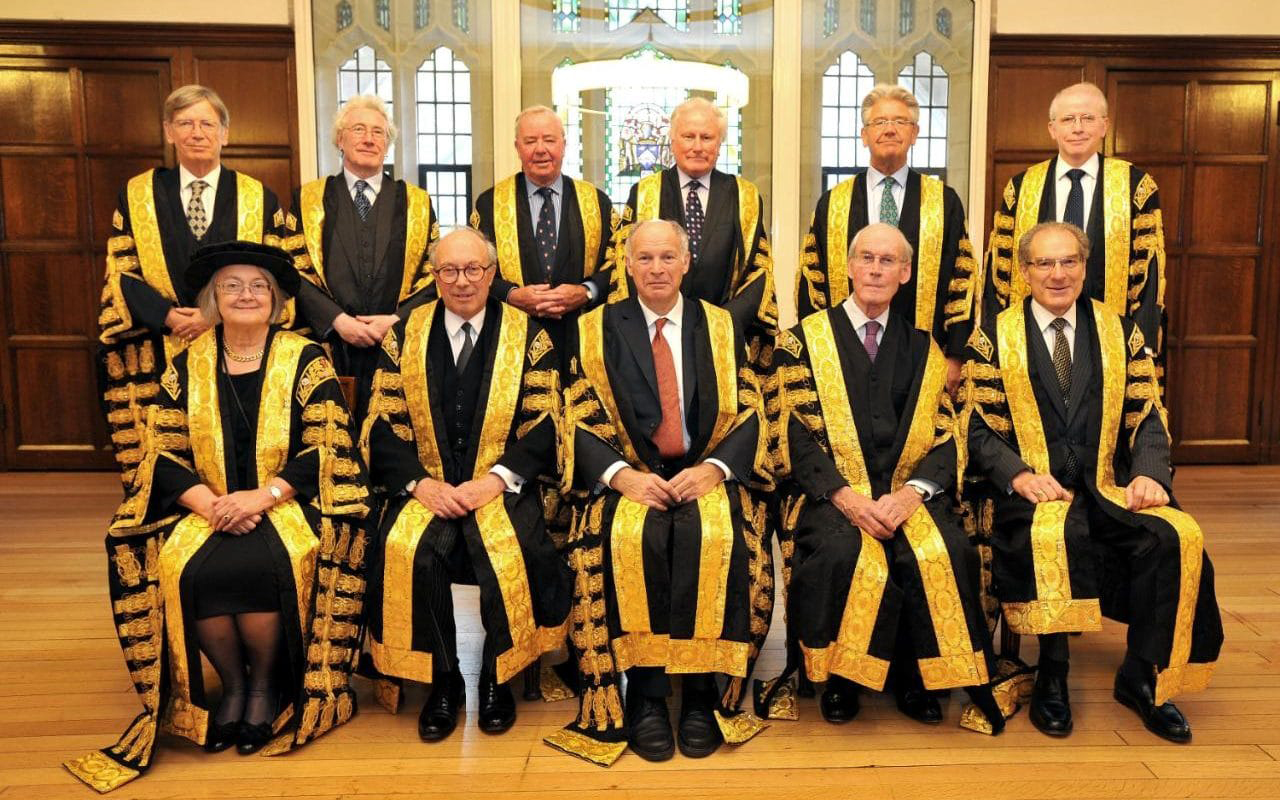The UK Supreme Court’s decision to overrule PM Boris Johnson’s attempt to prorogue Parliament over Brexit is sending shockwaves through British politics. Some commentators are arguing that it’s an outrageous usurpation of power by an unelected judiciary; others that it, in fact, restores the central principle of British democracy: the supremacy of the will of the people, as expressed through Parliament.
Charles Day takes the first view, arguing that it reinforces the subsuming of a thousand years of British democratic tradition to Continental norms.
Forty years of membership of the EU has taught us a lot […]most of us have learned new recipes for our supper; and our Judges have learned how to seize power from democratic institutions.
For there has always been a fundamental cultural clash between us and most EU states – that of law. The UK […] is a common law country […]Most EU states are civil law countries. There are many differences, but the most striking one to ordinary people is the difference in how lawyers are treated. In common law countries […]the people are sovereign, we merely look after their laws.
In civil law systems lawyers are treated with respect. The judges are revered. They are at the head of their constitution.
For a thousand years, Britain had no Supreme Court. Until Tony Blair’s “reforms” created one out of whole cloth.
Before Tony Blair’s experiment of a Supreme Court, our Law Lords […] they knew our place was to stay out of politics. It is difficult to see how the new experiment, more alike to our continental cousins, is an improvement.
Today’s decision has shocked and outraged many. Good […] it is exceedingly useful for an aspect of our system to declare, quite publicly, just how broken it is.
In theory, Judicial Review is a good thing. In theory […]the Australians, with remarkable prescience, worried Judicial Review might be used inappropriately, so they constrained it by act of parliament. We didn’t. I think we clearly should have done. Because Judicial Review has been used, incrementally, to erode and alter the constitution of our country – without most of us noticing and without any of us being asked. There was a convention that the common law (judge made law) only changed little bits of the law. As of today that convention is dead.
Make no mistake, Day argues, the Supreme Court has arrogated an enormous decision to itself. One entirely without precedent.
‘Time and again,[’ the Supreme Court argued. ‘]in a series of cases since the 17th century, the courts have protected Parliamentary sovereignty from threats posed to it by the use of prerogative powers, and in doing so have demonstrated that prerogative powers are limited by the principle of Parliamentary sovereignty […]’
What that means is that prorogation can be limited by statute and the courts would enforce that statute. I doubt anyone disputes that. What it does not mean, yet what has happened, is that in the absence of such a statute, the ‘Supreme’ Court can step in and invent one.
Emphasis added.
Yet, that is what it has effectively done. In essence, Day argues, the Supreme Court is not just enforcing the law, but making it.
No example of the court controlling prorogation of parliament can be found in this country – or in any common law country. Until today.
The 11 justices have taken it upon themselves to assume the power of Parliament and by common law, make a statute. That is a far bigger constitutional outrage than Boris sending parliament on holiday over conference season. It is and should be a nationwide klaxon that the experiment of a ‘Supreme’ Court is a failure. They seem conversely oblivious that the actual conclusion to their actions is to carry on the farce of the longest sitting parliament for 400 years and to give all power in the land to the Speaker and rogue MPs – who are unconstrained by manifesto promises, a Queen’s Speech or by fear of an election (because they refuse one).
This is the great, glaring hole in the sunny arguments of those who argue this decision defends the people’s sovereignty: Parliament is deliberately avoiding having its feet held to the fire by voters.
Brexit has exposed huge cracks in our constitution which urgently need fixing […]we need to decide, openly and publicly, whether we want our old constitution back (the one that worked), or whether, even if we like this new one of all powerful judges and speakers – whether it would be better to do it by statute rather than by common law. That way we might all know the constitution of our land in advance and not have to wait for 11 judges to invent it.
blogs.spectator.co.uk/2019/09/the-supreme-courts-decision-is-a-constitutional-outrage

